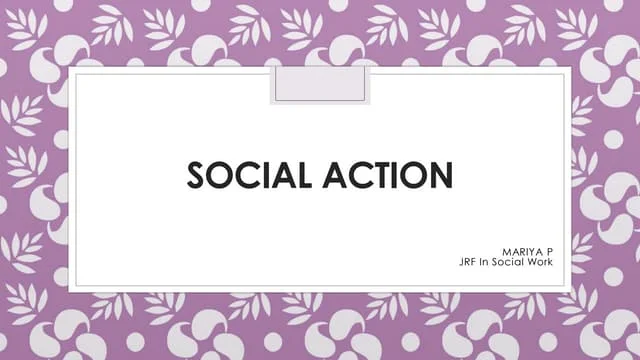Social Action Huy Cuing’s Impactful Discourse on Societal Change in 2022
Introduction: Social Action Huy Cuing’s Impactful Discourse on Societal Change in 2022 In the ever-evolving landscape of social activism, the year 2022 witnessed the emergence of a compelling figure, Huy Cuong, whose distinctive approach to addressing societal issues has sparked conversations and inspired action. Through his thought-provoking talks, Huy Cuong has delved into various aspects … Read more





